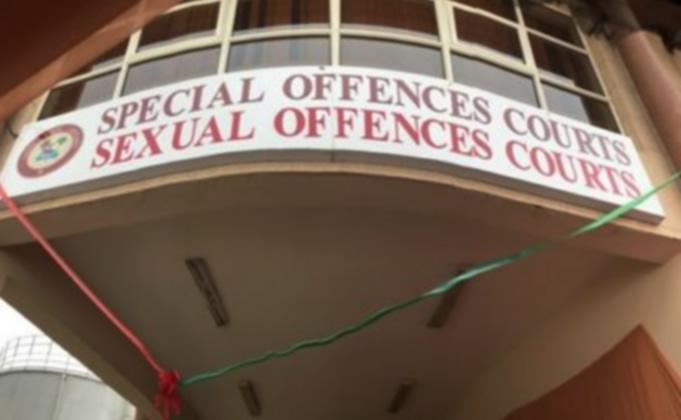
The Russian news agency has reported that Russia’s Supreme Court ruled on Thursday that Jehovah’s Witnesses was an “extremist” organisation and must hand over all its property to the state.
Interfax News Agency quoted Sergei Cherepanov, a Jehovah’s Witnesses representative, as saying that the group will appeal the decision in the European Court of Human Rights.
“We will do everything possible”, he said.
Russian authorities have put several of the group’s publications on a list of banned extremist literature and prosecutors have long cast it as an organisation that destroys families, fosters hatred and threatens lives.
The group, a United States-based non-trinitarian Christian denomination known for its door-to-door preaching and rejection of military service and blood transfusions, says this description is false.
The religious organisation has expanded around the world and has about eight million active followers.
It has faced court proceedings in several countries, mostly over its pacifism and rejection of blood transfusions.
But Russia has been most outspoken in portraying it as an extremist cult.
Its Russian branch, based near St Petersburg, has regularly rejected this allegation.
It has said a ban would directly affect around 400 of its groups and have an impact on all of its 2,277 religious groups in Russia, where it says it has 175,000 followers.
On Wednesday, April 19, 2017, some 300 people gathered (some as early as 2:00 a.m.) for the fifth day of hearings by the Supreme Court of the Russian Federation on a claim from the Ministry of Justice to liquidate the Administrative Center of Jehovah’s Witnesses.
The aggressive actions by Russian authorities against the Witnesses over the past ten years were summarized as the Court reviewed 43 volumes of documents submitted as case materials.
During the review, the attorneys representing the Ministry of Justice could not specify a legal basis for targeting the Administrative Center for liquidation or any extremist action on the part of either the Administrative Center or any Local Religious Organizations (LROs) used by Jehovah’s Witnesses in Russia.
Yury Toporov, one of the attorneys for the Administrative Center, noted to the Court that a number of case materials include awards and letters of appreciation received by the Administrative Center from the government, documenting that the Administrative Center was previously recognized by authorities for positive contributions to society for several years.
It was also noted that the LROs make similar positive contributions in their communities. Additionally, several volumes of case materials document that the Ministry of Justice has been inspecting LROs used by Witnesses in Russia since 2008 but did not find any extremist activity in the LROs, a point acknowledged by attorneys for the Ministry of Justice.





